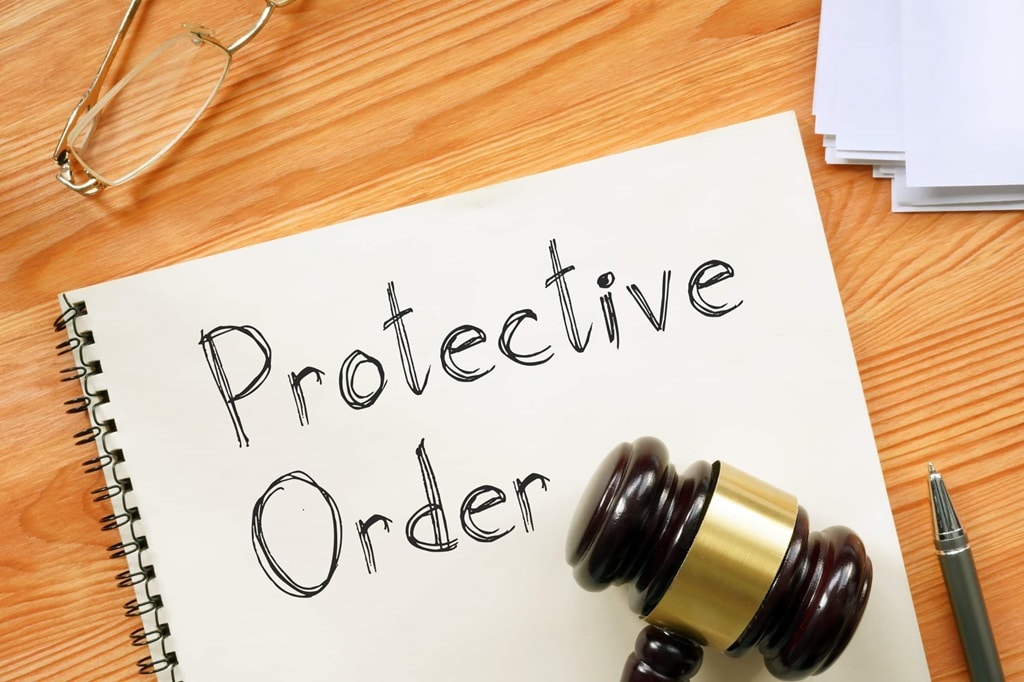When individuals face threats to their safety, understanding legal options for protection becomes paramount. In Colorado, protection orders serve as a critical resource for those looking to safeguard themselves from harm. These orders can vary in their scope and longevity, creating tailored solutions for different circumstances. Whether seeking immediate or long-term safety measures, Colorado law provides clear pathways for individuals in need. Below, we explore the nuances of these legal tools and their application in varying contexts.
Understanding the Different Types of Protection Orders in Colorado
Protection orders in Colorado are legal injunctions that restrict the behavior of a person who is deemed a threat to another. The purpose of these orders is to prevent harassment, abuse, stalking, or any form of intimidation. The law delineates various forms of protection orders, each tailored to specific scenarios and levels of risk. These include temporary restraining orders, emergency protection orders, and permanent protection orders, each with its unique application process and duration.
For those navigating the complexity of obtaining a protection order, legal support can be invaluable. Assistance from experienced legal counsel can help clarify the process and improve the chances of securing an order that fully addresses the threat at hand. In particular, services offered by the Colorado Protection Order Lawyers can guide individuals through the nuances of state laws and offer representation that upholds their right to safety.
Exploring Emergency Protection Orders and Their Immediate Impact
Emergency protection orders are designed to offer instant safety in acute situations, particularly when there is not enough time to wait for a regularly scheduled court hearing. These orders can be issued by law enforcement officers or judges, depending on the time of day and urgency of the situation. They are particularly crucial during non-business hours or on weekends when courts are closed, demonstrating Colorado’s commitment to round-the-clock victim protection.
The criteria for issuing an emergency protection order often hinge on an immediate and present danger of harm. Such a level of danger justifies the swift action taken by officials to implement the restrictions necessary to ensure the safety of the threatened individual. Unlike longer-term orders, emergency protection orders may be granted based on a relatively brief investigation or upon the recommendation of a responding police officer.
Permanent Protection Orders and Long-Term Safety Considerations
While temporary and emergency measures provide immediate safety, permanent protection orders are pivotal for individuals requiring enduring protection. In Colorado, a permanent protection order can be granted after a hearing, which both the victim and the alleged abuser have the opportunity to attend. This type of order, if granted, is intended to be indefinite, though it can be modified or dismissed under certain circumstances.
The criteria for issuing a permanent protection order are more stringent compared to temporary or emergency orders. The court must be convinced that the threat of harm is not only serious but also potentially ongoing. Evidence of the need for ongoing protection might include the history of the abuser’s behavior, ongoing threats, or other factors indicating continued risk if the order is not granted.
Modifying or Dissolving Colorado Protection Orders: Legal Processes and Requirements
Once a protection order is in place, circumstances may arise where modification or dissolution becomes necessary. In Colorado, legal processes are available for both petitioners and respondents to request changes to an existing order. This may include amendments to conditions, such as communication provisions or distance restrictions, to reflect improvements or changes in the situation.
The request to modify a protection order generally requires a formal motion to the court and may necessitate another hearing. During this hearing, the party seeking modification must present a compelling reason for the change. This could be due to a reconciliation process, changes in the living arrangement, or other substantial shifts in the underlying factors that warranted the original order.
Overall, protection orders in Colorado are legal safeguards designed to provide security to those facing threats or harm. The state offers several types of orders, each serving a specific purpose in the continuum of protection. From immediate emergency interventions to long-lasting permanent orders, Colorado’s legal system is structured to respond effectively to individual safety concerns while also allowing for modification as life circumstances change. It is this adaptability and responsiveness that underline the state’s dedication to the protection and empowerment of its citizens.

